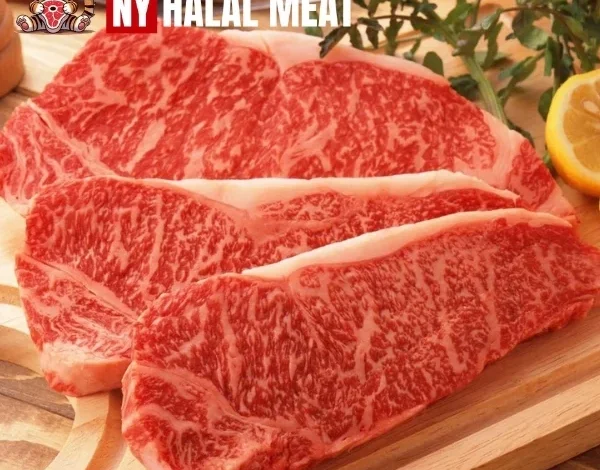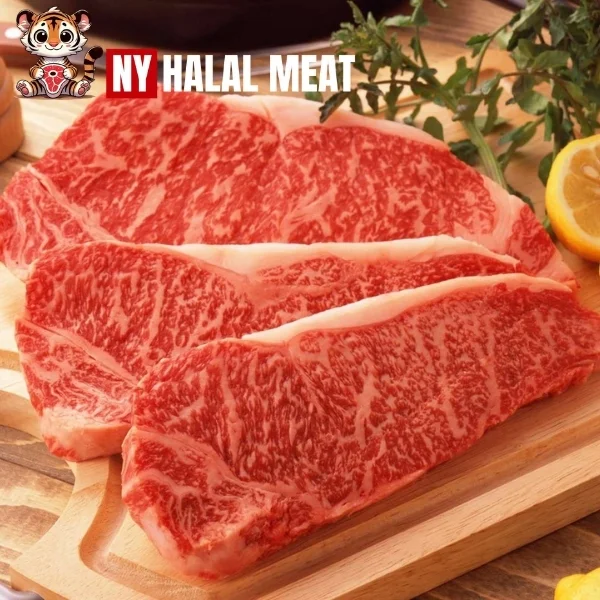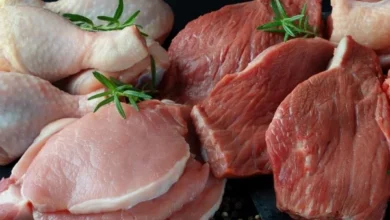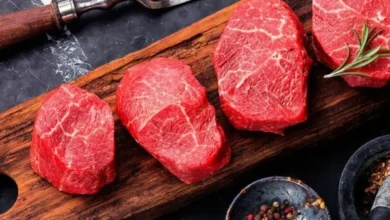
Why Halal Meat Is the Healthiest Choice: Benefits You Should Know
What Exactly Is Halal Meat?
Halal, meaning “permissible” in Arabic, refers to food prepared in accordance with Islamic dietary laws. For meat to be Halal, animals must be treated humanely, slaughtered with care, and all blood must be fully drained. This process ensures cleanliness, safety, and adherence to ethical standards.
Key Health Benefits of Halal Meat
A Cleaner Source of Protein
Halal slaughtering methods prioritize the complete removal of blood, which can carry toxins and harmful bacteria. This process results in cleaner, safer meat that is free from impurities.
Free from Harmful Additives
Halal standards strictly prohibit the use of growth hormones and antibiotics. This means Halal meat is natural and free from the chemical residues often found in non-Halal meat.
Richer in Nutrients
Halal meat comes from animals that are well-cared for and not subjected to unnecessary stress. Stress-free animals produce meat with higher levels of essential nutrients like protein, iron, and zinc.
Easier to Digest
Without blood, Halal meat tends to be more tender and easier to digest. This enhances nutrient absorption and reduces the strain on your digestive system.
Ethical and Sustainable Practices
Halal guidelines require that animals are raised in clean, stress-free environments with proper nutrition. This not only supports animal welfare but also reduces the risk of consuming meat that might be contaminated or of poor quality.
Beyond Health: Ethical and Spiritual Benefits
Humane Treatment of Animals
Halal practices ensure that animals are treated with respect and care throughout their lives. This includes proper feeding, clean environments, and minimal stress.
A Focus on Cleanliness
From farming to processing, cleanliness is a core aspect of Halal meat. This ensures higher standards of hygiene and safety for consumers.
A Connection to Faith
For Muslims, eating Halal is a way of fulfilling religious obligations. It offers not just physical nourishment but also spiritual fulfillment, creating a holistic sense of well-being.
Comparing Halal and Non-Halal Meat
| Aspect | Halal Meat | Non-Halal Meat |
|---|---|---|
| Blood Content | Fully drained, reducing impurities. | Blood remains, increasing risk of toxins. |
| Hormone Use | Not allowed. | Commonly used for growth. |
| Animal Welfare | Humane treatment required. | Standards vary significantly. |
| Hygiene Standards | Strict guidelines followed. | Can vary widely. |
| Spiritual Value | Complies with religious principles. | No spiritual considerations. |
How to Ensure You’re Getting Halal Meat

- Look for Certification: Check for a Halal certification logo on the packaging.
- Choose Reliable Sellers: Buy from trusted Halal-certified butchers or grocery stores.
- Ask Questions: Inquire about how the meat was sourced and processed.
- Cook Mindfully: Use clean utensils to avoid contamination with non-Halal items.
Conclusion
Halal meat is more than just a dietary choice—it’s a commitment to health, ethics, and spiritual values. Its benefits range from cleaner, nutrient-rich meat to the humane treatment of animals and strict hygiene standards. Whether you’re following Halal for religious reasons or seeking healthier, ethically-sourced food, Halal meat offers a well-rounded solution.
By choosing Halal, you’re not only nourishing your body but also supporting sustainable and ethical practices that respect both the environment and animal welfare.






4 Comments